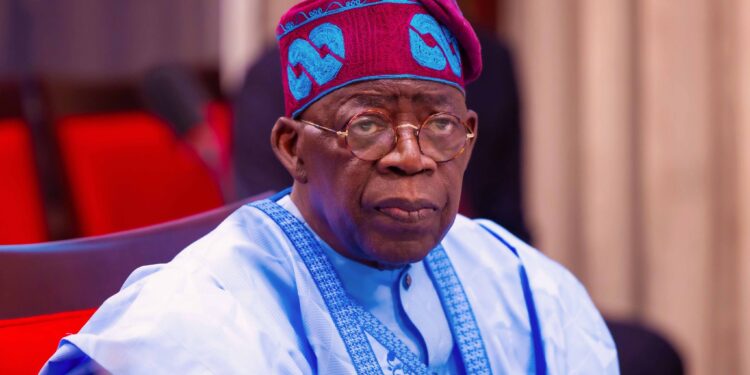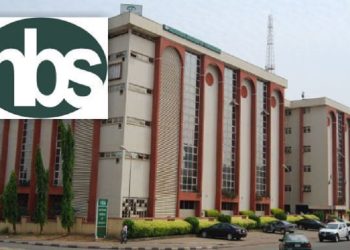In a pivotal move to address the persistent issue of liquidity in Nigeria’s foreign exchange market, President Bola Tinubu has signed two executive orders aimed at bringing unaccounted foreign exchange cash into the official banking system. While these orders are yet to be officially gazetted, experts are heralding them as a potential game-changer for the nation’s economy.
Finance Minister and Coordinating Minister of the Economy, Wale Edun, offered insights into these measures at the 29th Nigeria Economic Summit (#NES29) held in Abuja, emphasizing the urgent need to address the illiquidity in the forex market, which has been plagued by a lack of supply. He stated, “The market is illiquid; it’s not functioning properly because there is no supply, and there are various reasons for that.”
The first executive order allows, under forbearance, all foreign exchange cash within the domestic economy to be legally integrated into the formal money supply. This measure is seen as an “amnesty” to encourage individuals and entities holding foreign exchange outside the banking system to bring their funds into the official channels.
The second executive order permits the issuance of domestic foreign currency instruments, offering incentives for businesses to source foreign exchange within the country, which is expected to bolster the Nigerian financial system.
Ayokunle Olubunmi, Head of Financial Institutions Ratings at Agusto & Co, stated, “The expectation is that it would bring out some cash into the official market, and this would also encourage more businesses to issue foreign currency instruments within the country.”
With these measures, the Nigerian government aims to channel underutilized foreign exchange funds into productive uses within the official market, thereby enhancing the supply of foreign exchange and rectifying the liquidity crisis.
The move is also intended to curtail transactions taking place through unofficial channels, which have been a concern for regulators. As Olubunmi pointed out, “Some of the transactions that are happening are being done in the unofficial channel. So, they are trying to see how they can bring it into the system.”
In response to these developments, financial experts have suggested that the government may need to relax certain forex restrictions, such as the $10,000 daily cash deposit limit, to further stimulate the market and encourage individuals to bring their foreign exchange holdings into the official system.
Economist Peter Adewale stressed the importance of embracing full digitalization of the forex market and eliminating cash-based transactions to address the supply-side and liquidity challenges effectively. He also called for the removal of restrictions on domiciliary accounts.
Umar Idris, another financial expert, highlighted the potential benefits of digitalizing the links between the foreign exchange and financial systems, making it easier for individuals to release hoarded foreign currency from domiciliary bank accounts to meet the high demand for dollars.
Finance Minister Wale Edun underlined the government’s commitment to digitalizing the foreign exchange market, making it more attractive, and attracting foreign exchange inflows to bolster the nation’s economy.
These measures, when fully implemented, are expected to address the liquidity crisis and restore confidence in Nigeria’s foreign exchange market, contributing to the revitalization of the nation’s economy. President Tinubu’s administration is determined to secure the required foreign exchange resources for this purpose, with a line of sight on $10 billion worth of foreign exchange inflows in the near future.










